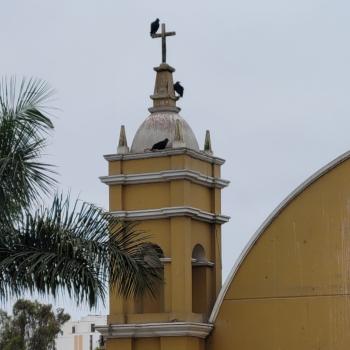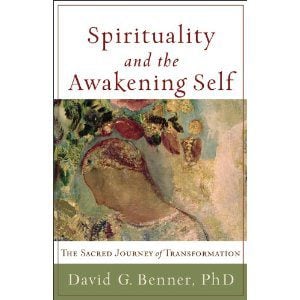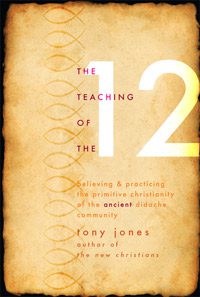(Read Part 1 of my post, “There Was No Historical Adam and Eve” here. See also my sermon, “Narnia and Other Stories Christians Tell.”)
Al Mohler, President of Southern Baptist Theological Seminary, has written a blog in response to the NPR story on which I based part one of this series. In that post, I noted that one reason the controversy over Adam and Eve remains significant is that polls have shown that forty percent of people in the United States believe that there was a historical Adam and Eve. Similarly, one reason Al Mohler’s opinion remains somewhat significant is that he is the President of one of the largest seminaries in the world.
I recently attended a meeting near Mohler’s seminary and used the opportunity to jog around Southern’s grounds. I was struck by the grandeur of the campus. So much physical and intellectual property was lost in the fundamentalist takeover of the Southern Baptist Convention. Tragically, new seminarians continue to be influenced by fundamentalist propaganda with each passing year.
In response to the increasing number of conservative scholars who question the historicity of an actual Adam and Eve, Mohler says that, “if these arguments hold sway, we will have to come up with an entirely new understanding of the Gospel metanarrative and the Bible’s storyline.” Unwittingly, he is precisely right. Fundamentalist Christians are in dire need of a questioning their current understanding of both the Gospel and the Bible.
In my previous blog I noted that Karl Giberson, author of Saving Darwin: How to Be a Christian and Believe in Evolution, was right in saying that, ”The evolution controversy today is, I think, a Galileo moment. When you ignore science, you end up with egg on your face. The Catholic Church has had an awful lot of egg on its face for centuries because of Galileo. And Protestants would do very well to look at that and to learn from it.” Mohler is not only missing a Galileo moment for himself, but also for all the seminarians under his watch.
In 1543, astronomer Nicolai Copernicus’ published On the Revolutions of the Celestial Spheres, which argued — based on observable, verifiable evidence — that we live in a heliocentric, not geocentric, universe. This insight decentered the Earth, overturning the incorrect assumption that our planet is the center of the universe. We know today that there are more than 100 billion galaxies in the universe, and each of those 100 billion galaxies includes billions of stars. Earth is only a small planet, orbiting one medium-sized star toward the edge of one spiral galaxy that, again, is only one among more than 100 billion other galaxies in the universe.
In 1859, English naturalist Charles Darwin’s published On the Origin of the Species by Means of Natural Selection. Darwin’s meticulous observations of the natural world helped demonstrate that human beings did not originate from a special, one-time act of divine intervention. Instead, humans evolved through the process of natural selection just like every other species. Thus, humanity is not the central pinnacle of creation. We are just another species, one among many.
Mohler’s inability to wrestle with the reality of twenty-first century knowledge is creating a schizophrenic theology for both himself and for the young theologians trusted to his care. We can and must do better.
(The Rev. Carl Gregg is the pastor of Broadview Church in Chesapeake Beach, Maryland. Follow him on Facebook or Twitter.)
















